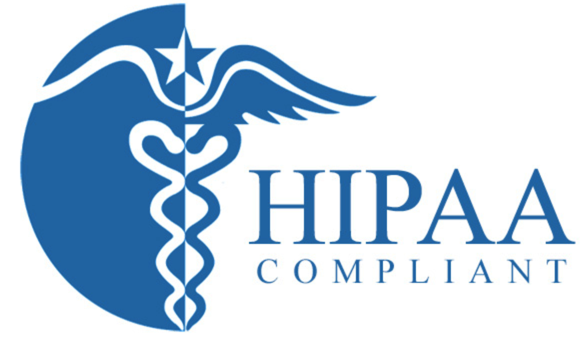Tech Insights & Cybersecurity Tips

What Is HIPPA Compliance
In today’s data-driven world, protecting patient health information isn’t just good practice—it’s the law. If your business handles personal medical data, you must understand HIPAA compliance and what it means for your operations.

SMB Study Reveals Majority of Small Businesses Aren’t Taking Cyber Attacks Seriously
Cybersecurity isn’t just a concern for enterprise giants anymore. In fact, small and mid-sized businesses (SMBs) are now prime targets for cybercriminals—and the data proves it.
